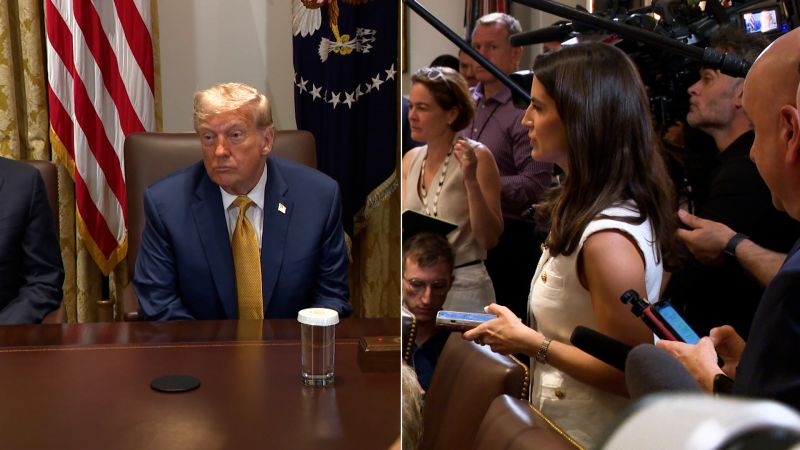President Donald Trump confronted a challenging start to the week as devastating floods struck central Texas. While grappling with the humanitarian crisis, Trump also engaged in negotiations for a peace deal with Israeli Prime Minister Benjamin Netanyahu. This week was marked by critical developments, including a shift in the deadline for reciprocal tariffs and emerging questions regarding a pause in Ukraine weapons shipments.
The floods in central Texas, which began early on March 15, 2024, caused significant destruction and loss of life, prompting urgent response efforts from local authorities. As the situation unfolded, Trump was briefed on the ongoing rescue operations and the need for federal assistance. This disaster added pressure to an already busy agenda for the President.
In tandem with the crisis in Texas, Trump met with Netanyahu to discuss a potential peace agreement that aims to stabilize relations in the Middle East. The discussions focused on various issues, including security cooperation and economic partnerships. The outcomes of these negotiations could have far-reaching implications for regional stability.
Meanwhile, the administration announced a new deadline for reciprocal tariffs, moving it to August 2024. This shift comes as part of ongoing trade negotiations, which have been a contentious issue between the United States and its trading partners. The revised timeline aims to provide additional space for negotiations to reach a mutually beneficial agreement.
Questions have also arisen regarding the decision to pause weapons shipments to Ukraine, which has been a focal point of U.S. foreign policy. Lawmakers are seeking clarification on who authorized the pause and what it means for U.S. support in the ongoing conflict. This development has raised concerns among allies and within Congress, as the situation in Ukraine continues to evolve.
CNN’s Kaitlan Collins reported on these unfolding events, highlighting the balancing act the Trump administration faces as it navigates both domestic and international challenges. The combination of natural disasters, diplomatic negotiations, and military support decisions underscores the complex nature of leadership in times of crisis.
As the week progresses, the administration’s response to the floods will be closely monitored, alongside the outcomes of the peace talks and the implications of the tariff adjustments. The decisions made in the coming days could significantly impact both domestic policies and international relations.
